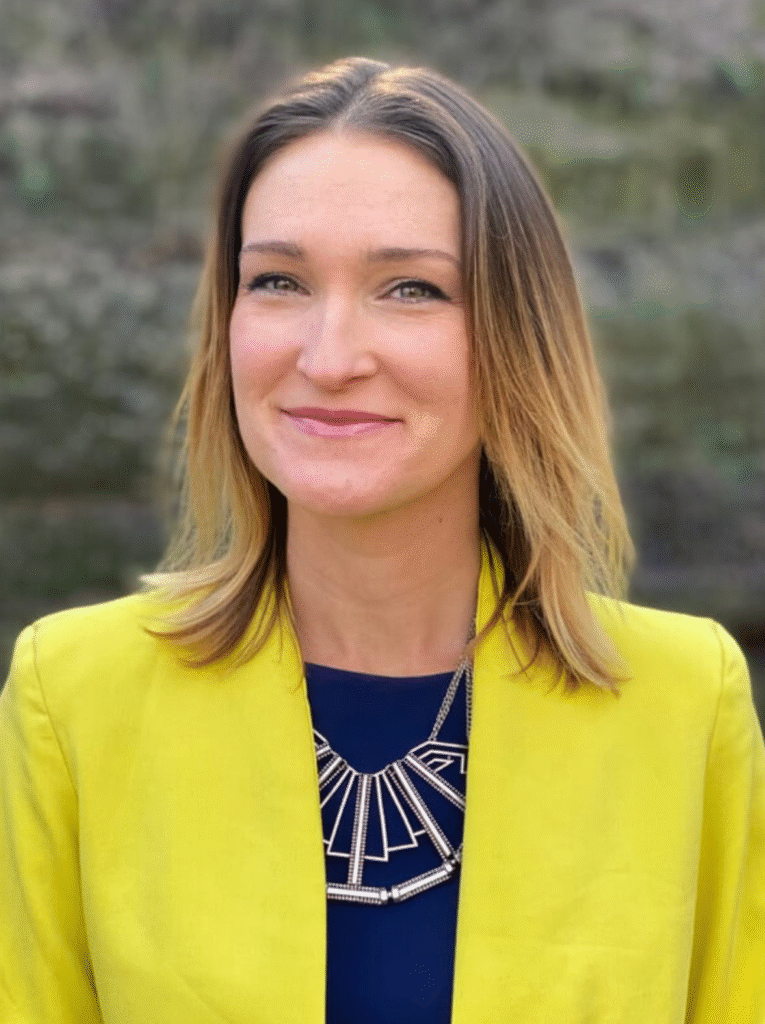Entertainment
Executive Producer Debut: How Celia Carver Created Festival Hit ‘Afterparty’
Celia Carver stepped into the world of independent film with the ambitious goal of shepherding her short, After Party, from script to festival screen. As a first-time executive producer, Carver didn’t just organize the project—she wrote the screenplay, raised the budget, took the creative reins, and anchored the film through her performance in the lead role as the wife. Opposite her was Jasper, cast as her husband, Gabe, whose approachable presence and natural chemistry with Carver were crucial to the film’s emotional tone and comedic balance.
At the Houston Comedy Film Festival, Carver sat down with festival director Roselyn Omaka for an in-depth conversation about every stage of the After Party journey. The interview offered a candid look into what it takes for a newcomer to pull together a successful independent production and bring it to a live audience.

Casting, Collaboration, and Onscreen Dynamics
One of Carver’s most strategic choices was her collaboration with director Shana Lauren McInnes—a friend since high school and herself a first-time narrative director. This shared sense of trust and history created an atmosphere where creative risks were possible without unnecessary friction.
Carver’s on-screen partnership with Jasper as Gabe was also a calculated decision. She explained that the character dynamic between the husband and wife could easily have tipped negative if Jasper didn’t bring the right energy. He kept the performance playful and genuine, matching Carver’s debut in a major acting role. Their scenes together, depicting a couple picking apart a dinner party mishap, drove the film’s narrative and comic rhythm.
Diversity, Simplicity, and Professional Standards
During her talk with Omaka, Carver emphasized her open approach to casting. She went beyond surface-level diversity, looking for actors who could authentically elevate the material. While Jasper’s performance as Gabe stood out, Carver highlighted that the casting process prioritized who fit the part best—regardless of background—adding that a project gains complexity and relatability when different perspectives are deliberately included.
Carver also pointed out that the production itself was kept as simple as possible—intentionally minimizing moving parts with a single location and small cast and crew. This not only streamlined logistics but kept the creative focus sharp, a key tactic for anyone producing a film on a limited budget for the first time. Fair compensation was another pillar of Carver’s approach. Even when working with friends or up-and-coming talent, she stressed that everyone’s work deserves recognition and proper pay, which, in turn, promotes professionalism and positive energy throughout production.
Navigating Challenges: Production and Post
Carver didn’t shy away from addressing setbacks, particularly during post-production. Color grading required a course correction and the hiring of a new specialist when the original approach didn’t meet expectations. She noted that while giving collaborators room to experiment can sometimes bring fresh results, knowing when to pivot is just as important. This adaptability, she said, can save time and ensure the final product meets the desired vision.
Advice for Aspiring Indie Filmmakers
When Omaka pressed for advice for others contemplating their first independent film, Carver distilled her experience into practical points:
- Keep it Simple: Limit locations, cast size, and narrative complexity to maintain control and cohesion on a first project.
- Cast for Chemistry, Not Just Credentials: Find collaborators whose energy complements the project and each other, particularly for stories driven by intimate relationships.
- Prioritize Diversity and Openness: Seek new voices and faces. This not only levels the playing field but strengthens the project’s resonance with a modern audience.
- Pay Fairly and Transparently: Value every contribution, regardless of experience or personal connection, to foster respect and professionalism.
Looking Forward: From Executive Producer to Director
Following After Party’s successful run at the Houston Comedy Film Festival, Carver is now working on a new short in the horror genre—a move she hopes will build her directorial confidence and further expand her creative reach. She credits her time both on-screen and behind the scenes with giving her a clearer understanding of the unique pressures and rewards of independent filmmaking.
The Takeaway
Celia Carver’s debut is an instructive case for new producers and writers: with the right mix of planning, open collaboration, principled leadership, and willingness to learn in real time, a festival-worthy film is within reach—even for first-timers wearing many hats. Her detailed conversation with Roselyn Omaka revealed not just her process, but a genuine roadmap for anyone determined to take creative control in today’s independent film landscape.